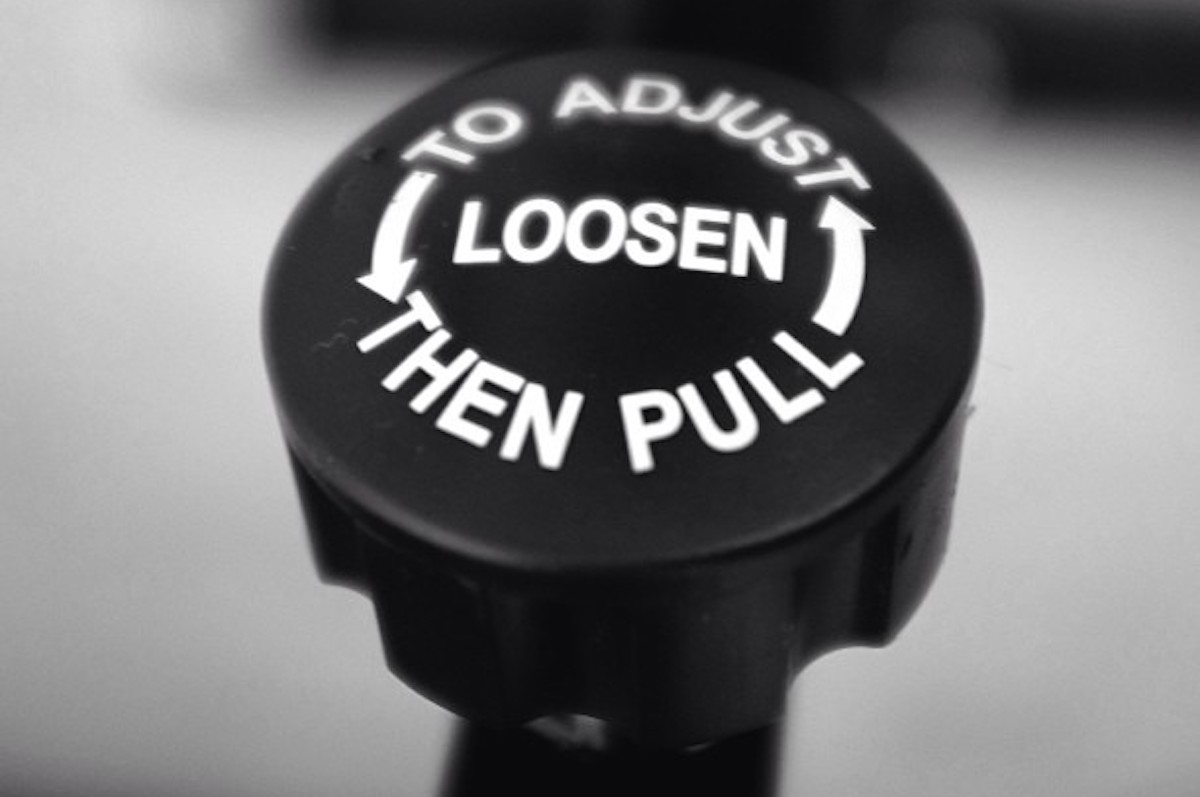by Brian Wesbury, Chief Economist, and Robert Stein, Deputy Chief Economist, First Trust Portfolios
The Federal Reserve was already holding short-term interest rates near zero. What today's meeting made clear was how determined the Fed is to hold them there for at least the next few years and perhaps well into the current decade.
In previous statements the Fed had noted that its 2% inflation goal was "symmetric," which hinted that it would like to see inflation above 2% as much as below 2%. That commitment is now explicit, with the Fed saying, it "will aim to achieve inflation moderately above 2% for some time, so that inflation averages 2% over time."
The Fed also made it clear that it will keep monetary policy loose for a prolonged period of time, saying it expects to maintain near zero short-term interest rates until (a) the employment situation is back to normal (with an unemployment rate around 4.0%) and (b) inflation is running at or above 2%.
In turn, the Fed's "dot plot" shows that the current consensus among policymakers is that there will be no rate hikes at all this year, or in 2021, 2022, or 2023. None. Nada. Zero. Zippo. This is consistent with its new economic forecast, which, although it shows an upwardly revised pace of recovery in late 2020 as a well as a faster drop in the unemployment rate, shows the jobless rate at 4.0% at the end of 2023 and inflation not exceeding 2.0% until at least 2024.
In other words, the Fed itself doesn't think the economy will meet its two-pronged test for rate hikes (employment and inflation) until at least 2024. Furthermore, if the Fed wants to see inflation persistently exceeding 2.0% before it raises rates, it now thinks rate hikes won't happen until the second half of the 2020s.
We believe short-term rates are likely to stay near zero for at least the next couple of years, but the Fed will end up raising rates earlier than it now thinks. The reason is that the M2 measure of the money supply has been growing at an extremely rapid pace, unlike in the aftermath of the Financial Crisis in 2008-09, and the federal government has taken measures (we think that will likely be extended) to support incomes in excess of the rebound in economic production. This is a recipe for faster inflation.
Brian S. Wesbury, Chief Economist
Robert Stein, Deputy Chief Economist
Click here for PDF version
Copyright © First Trust Portfolios












